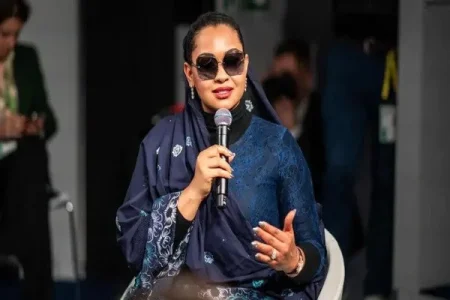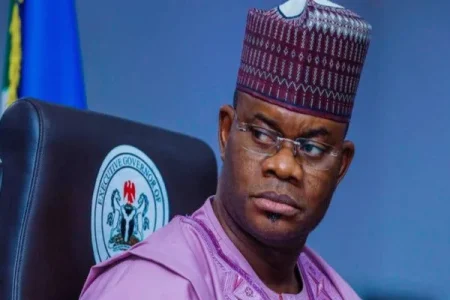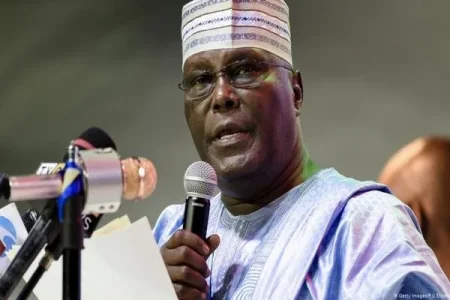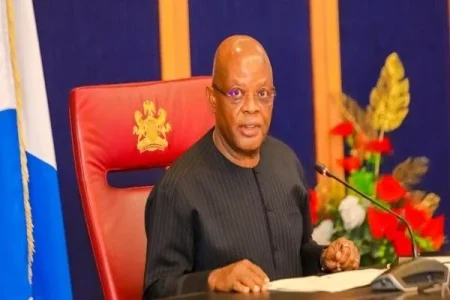
Senator Natasha Akpoti-Uduaghan has filed a defamation lawsuit against Senator Onyekachi Nwebonyi over false accusations made in a televised interview. Akpoti-Uduaghan seeks N5 billion in damages, a public apology, and a retraction of the defamatory statements that harmed her reputation.
Senator Natasha Akpoti-Uduaghan of Kogi Central has taken legal action against Senator Onyekachi Nwebonyi, filing a defamation lawsuit seeking N5 billion in damages. The suit was filed on April 7, 2025, at the High Court of the Federal Capital Territory after Nwebonyi made allegedly false and malicious remarks about Akpoti-Uduaghan during a televised interview on Channels TV's Sunrise Daily on March 6, 2025.
In the interview, Nwebonyi accused Akpoti-Uduaghan of being a "gold digger," a "habitual liar," and a "habitual blackmailer." He also allegedly insinuated that she had coerced her husband, Chief Emmanuel Uduaghan, into marriage under duress and made claims about her being a mother of six children from different men. Akpoti-Uduaghan vehemently denies these accusations, clarifying that she has four children from two marriages and that her marriage to Uduaghan was consensual and lawful.
Akpoti-Uduaghan's legal team, led by Senior Advocate of Nigeria (SAN) Michael Jonathan Numa, argues that the statements made by Nwebonyi were not only false but also designed to harm her reputation and cause emotional distress. As part of the lawsuit, Akpoti-Uduaghan seeks a public retraction of the false statements, an apology in two national newspapers, and an injunction to prevent further dissemination of defamatory content.
The senator's legal team is also demanding N5 billion in aggravated and exemplary damages for the reputational harm caused by these accusations. In addition, they are requesting post-judgment interest at a rate of 10% per annum until the full amount is paid.
The case has garnered attention in Nigerian political circles, with supporters of both politicians watching closely as the dispute unfolds. Akpoti-Uduaghan's legal action highlights the broader issue of defamation in Nigerian politics and the impact such statements can have on public figures’ careers and personal lives.



